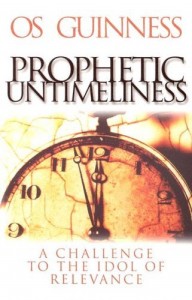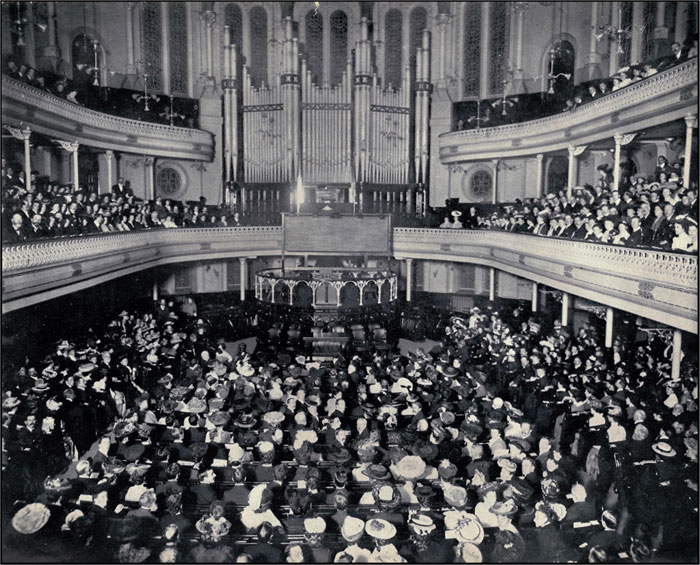Good Friday
To look at the Crucifix and then to look at our own hearts; to test by the cross the quality of our love — if we do that honestly and unflinchingly we don’t need any other self-examination. The lash, the crown of thorns, the mockery, the stripping, the nails — life has equivalents of all these for us and God asks a love for himself and his children which can accept and survive all that in the particular way in which it is offered to us. It is no use to talk in a large vague way about the love of God; here is its point of insertion in the world. (Evelyn Underhill)
 I struggle to focus my thoughts on Good Friday, and on the reality of Jesus’ work on the cross. It is a scene I can barely picture. But a Crucifix, I can picture — even though I am a Protestant.
I struggle to focus my thoughts on Good Friday, and on the reality of Jesus’ work on the cross. It is a scene I can barely picture. But a Crucifix, I can picture — even though I am a Protestant.
“There is a point of view,” writes Thomas Howard, “widespread among non-Catholic Christians, that dismisses the Crucifix with the remark, ‘Oh — we worship a Risen Christ.'” Yes, this is the sensibility I grew up with, and I see it still sometimes around me. Last Easter, we attended a Good Friday service that was almost all celebration of the finished work of the cross, and it felt all wrong. There is a place for dwelling on the suffering of Jesus there.
His was a long ordeal, a matter of long hours of outer abuse and inner torment. It accomplished the salvation of the world, and when it was over he pronounced the words himself: “It is finished.” Yet the cross is also a place in human experience as we live out our salvation. I think of Chaim Potok’s powerful novel My Name Is Asher Lev, a story about a young Hasidic Jew with an incredible artistic gift. He is drawn to the artistic renderings of the Crucifixion because it has a peculiar, unique quality he sees nowhere else. Something in the expression on Jesus’s face is impossible to identify anywhere else, and ultimately, feeling “no other aesthetic mold” will serve, he creates his own Crucifixion to render the magnificent, often failed effort of love in his family.
This seems the unavoidable truth of the passion: love brings pain. Love defies all the gravitational pull of earthly experience and natural law. It goes against the flow of self-preservation; it takes the low road of humility rather than the dominant posture of conqueror; it elevates the Other. God’s love on the cross, at “its point of insertion into the world,” is the ultimate picture of this.
Past Good Friday reflections include words by Michael Card, Wendell Berry, and C.S. Lewis here.


